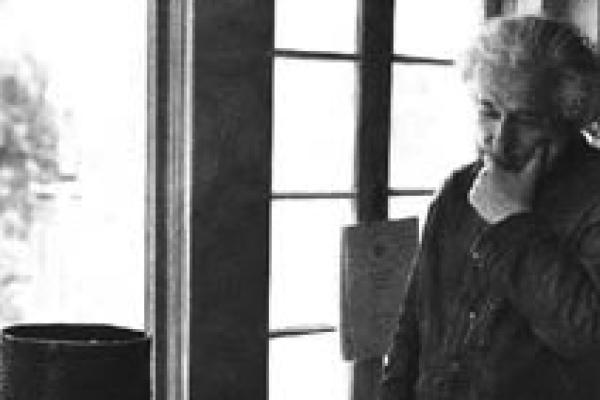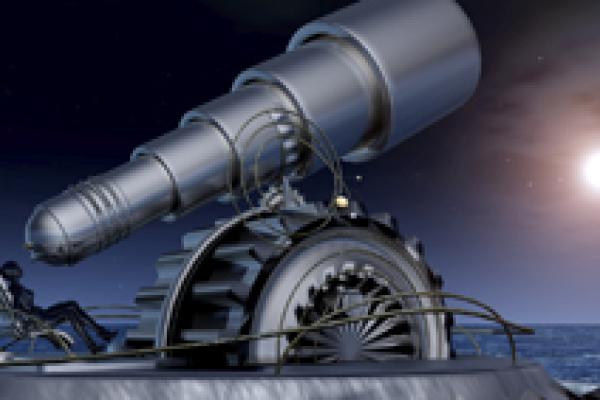Article

The patchwork multiverse
Cutting spacetime into patches could help explain the size of the universe—and provide the first ”experimental” evidence that string theory is on the right track.






